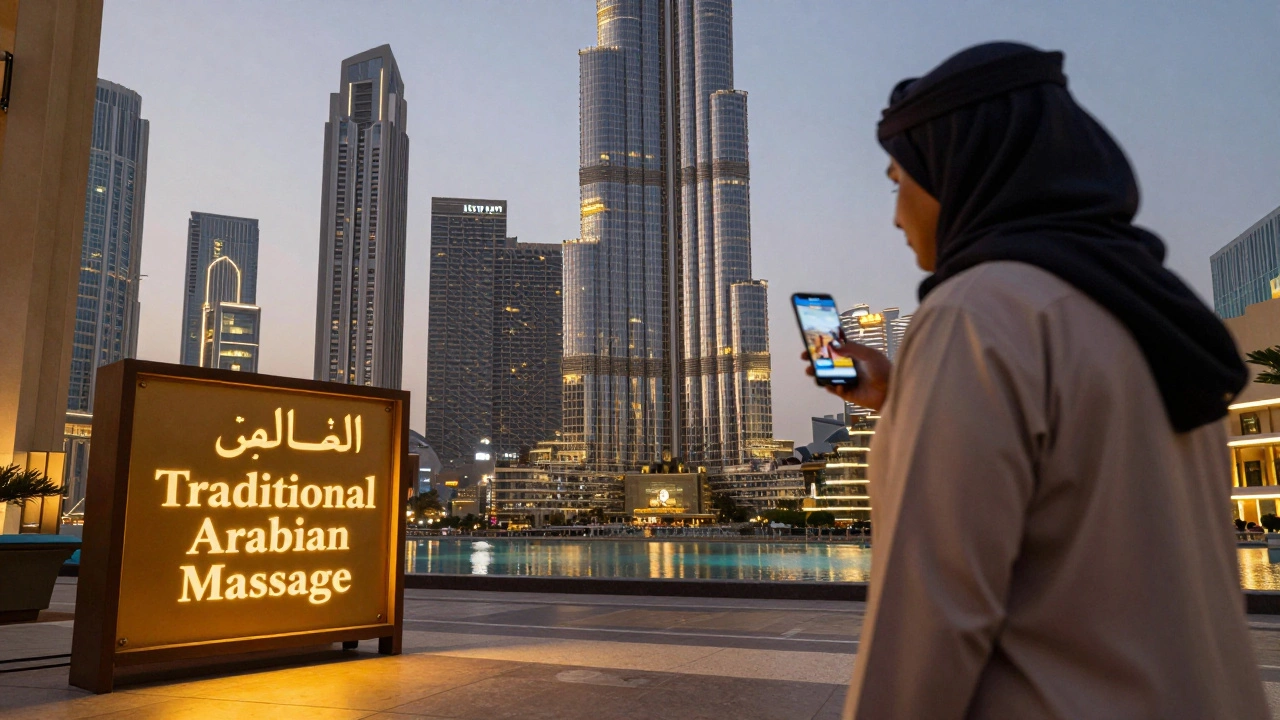London Lights Tours
6.12.2025
The Girls of the Procession Escort Cannes: Behind the Scenes at the Film Festival
Behind the scenes of the Cannes Film Festival, the girls of the procession escort Cannes move in silent elegance - a hidden tradition that blends art, exclusivity, and quiet power. Their story isn't in the headlines, but it defines the festival's soul.
5.12.2025
Dubai Escort Services: What Tourists Need to Know About Local Customs and Legal Risks
Dubai welcomes millions of tourists yearly, but escort services like erotic massage are illegal and dangerous. Learn what’s truly allowed, the real risks involved, and how to enjoy the city safely and respectfully.
26.11.2025
Father Ted Writer Graham Linehan Cleared of Harassment, Convicted of Damaging Phone
Graham Linehan, co-creator of Father Ted, was cleared of harassing transgender activist Sonia Brooks online but convicted of damaging her phone in a UK court ruling on November 25, 2025 — a case that tests the line between speech and action.
- World
- 0
24.11.2025
Gloucester-Hartpury Win Third Straight PWR Title with 34-19 Victory Over Saracens Women
Gloucester-Hartpury Women RFC defeated Saracens Women 34-19 to win their third straight Premiership Women's Rugby title, completing a stunning comeback and cementing their status as England's dominant women's rugby force.
- Sports
- 0
21.11.2025
Madonna Returns to Warner Records for 2026 Dance Album, Reveals 28-Year Spiritual Journey in Rare Podcast Appearance
Madonna returns to Warner Records for a 2026 dance album with Stuart Price, marking her first studio release in seven years—and reveals a 28-year spiritual journey in a rare Jay Shetty Podcast appearance, redefining legacy on her own terms.
- Music
- 0
20.11.2025
Curacao Makes History as Smallest Nation Ever to Qualify for 2026 FIFA World Cup
Curacao, a tiny Caribbean nation with just 158,000 people, became the smallest country ever to qualify for the 2026 FIFA World Cup, defeating Jamaica in a historic CONCACAF upset. Their emotional celebration went viral, symbolizing hope for underdogs everywhere.
- Sports
- 0
17.11.2025
Duchess of York Claims Late Queen Speaks Through Inherited Corgis
On May 15, 2025, Sarah Ferguson claimed Queen Elizabeth II communicates with her through the corgis she inherited after the monarch’s death, reigniting global fascination with the royal family’s lifelong bond with their dogs.
27.10.2025
Wordle #1589 Solution Revealed as 'GAUGE' on October 25, 2025
On October 25, 2025, Wordle puzzle #1589 was solved with the word 'GAUGE', confirmed by Try Hard Guides and Times Now News. The obscure five-letter term challenged players worldwide, continuing the game’s daily streak since 2021.
20.10.2025
AWS Outage on Oct. 20 Disrupts Canvas, Zoom, Adobe and More
AWS's Oct 20 outage crippled Canvas, Zoom, Adobe, and more, forcing Rutgers and global users to scramble for workarounds as the cloud giant battles restoration.










